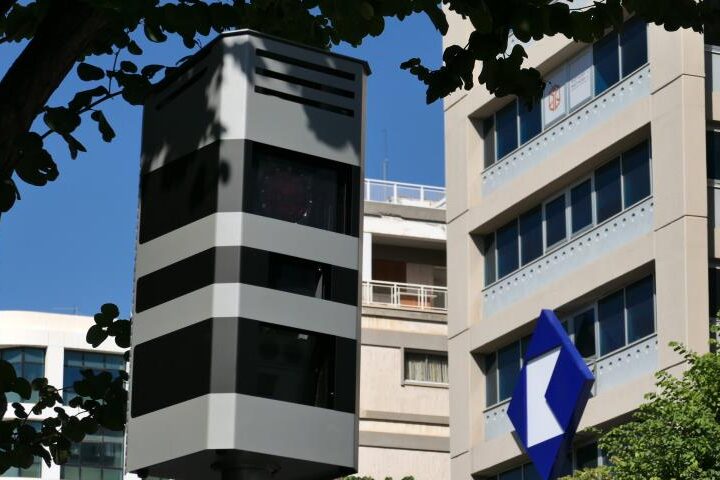There seems to be a fine line between speaking the truth, no matter the cost, and stretching it (or covering it up) to accommodate one side’s argument.
This is best seen on social media, especially in Cyprus, where if misinformation is posted on public platforms and seen by more than a close circle of friends and relatives, then “it must be the truth”.
Worse still, this is often relayed and shared, and the ‘news’ item gets an extended life, almost like in the old days of coffee shop gossip that stretched beyond reality when it reached the next village and the next.
But who knows the truth? And who reports it?
A lot is often said about ‘vested interests’ in the media and that journalism is curtailed.
But that is also the problem of a small society, where everyone knows or is related to one another.
Over the past decades, this has led to tolerance of corruption, favouritism, and white-collar crime.
In other words, everyone knows what is happening, but nobody talks about it to not upset politically positioned friends and family.
Enter the new era of social media, and suddenly everyone has an opinion, educated or not.
Of course, as with the village idiot in past-century society, you can simply ignore that person.
The same is true today. One can follow or unfollow a comment and its author.
This is where a pattern is crystallised – idiot posts, comments and views diminish over time, resulting in an attention span of no more than ten seconds, and serious discussions grow in popularity, even initiating debates about ethics.
Expressing free speech does not mean attention must be paid to a fool’s lies and hate.
It also carries responsibility, which is why social media platforms are getting stricter on some rules but stopping short of censorship.
Elon Musk insisted that parody accounts on Twitter (now ‘X’) have a clear descriptor, and that is how it should be.
At the top of almost everyone’s mind is “Who is” the author of a parody account, and not “Is it true”.
In some cases, as was the myth of banks in Cyprus being “too big to fail”, the extent of lies and deceit was too big to be believed. Hence, it was not, or could not, possibly be true.
The popular parody account @CommentaryJho, impersonating Malaysian swindler Jho Low who was fast-tracked to get his Cyprus passport (later revoked), is most of the time spot-on.
And will occasionally be skewed, and there is nothing wrong with that.
We all make mistakes, some more than others, and knowingly get away with it.
People in the public arena must realise they are subject to public scrutiny.
And if the right tools are not available, then perhaps parody accounts should serve as critics to help shape a better society by exposing or shaming individuals, corporations, and the government.
The concept of whistleblowing has not blossomed in Cyprus, and, fearing that any report or revelations could have negative percussions, the general attitude is “don’t bother, nothing will change”.
Satire is often meant to be humorous, and a fundamental feature of satire is irony or sarcasm.
Even Aristophanes’ power of ridicule was feared, in some cases, to the extreme.
Parody accounts must continue to serve our society with satire as long as a measure of self-control or respect is adhered to.
They, too, change and evolve, especially judging from the reactions of their audience.
Instead of the Cyprus police complaining to the X platform, probably at the instigation of a senior politician or a relative, perhaps they should look into the allegations unveiled by parody accounts and wonder why whistleblowers do not come forward to expose wrongdoing.
If it were safe to tell all for the greater good, we would not need parody accounts in the first place.










